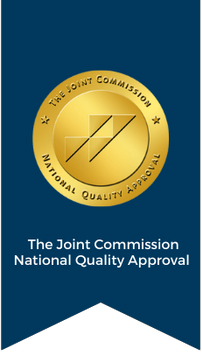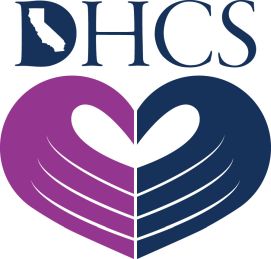Table of Contents
Addiction is a complex disease that affects millions of people worldwide. Treatment for addiction involves a range of evidence-based therapies that have been proven effective in helping individuals recover from substance abuse. These therapies address the physical, psychological, and social aspects of addiction, and are tailored to meet each individual’s specific needs. In this article, we’ll explore some of the most commonly used evidence-based therapies in addiction treatment.
Cognitive Behavioral Therapy (CBT):
CBT is a form of talk therapy that focuses on identifying negative patterns of thinking and behavior and replacing them with positive ones. It has been shown to be effective in treating a range of mental health conditions, including addiction. In addiction treatment, CBT is used to help individuals identify the triggers that lead to drug or alcohol use and develop coping strategies to avoid relapse.
Dialectical Behavior Therapy (DBT):
DBT is a type of cognitive-behavioral therapy that was developed to treat borderline personality disorder. It has since been found to be effective in treating a range of mental health conditions, including addiction. DBT teaches individuals skills to manage intense emotions, tolerate distress, and improve interpersonal relationships.
Motivational Interviewing (MI):
MI is a counseling approach that helps individuals find motivation to change their behavior. It is often used in addiction treatment to help individuals who may be ambivalent about recovery. MI is designed to elicit and strengthen an individual’s motivation and commitment to change.
Contingency Management (CM):
CM is a behavioral therapy that involves providing rewards or incentives for positive behavior. In addiction treatment, CM is often used to reward individuals for drug-free urine tests or attendance at counseling sessions. Research has shown that CM can be effective in promoting abstinence from drugs or alcohol.
Family Therapy:
Family therapy is a form of counseling that involves the whole family in the treatment process. It can be especially helpful for individuals with co-occurring mental health conditions or those who have experienced trauma. Family therapy helps individuals and their loved ones improve communication, resolve conflicts, and build a supportive network.
Group Therapy:
Group therapy involves a small group of individuals who meet regularly with a therapist to discuss their experiences and offer support to each other. It can be an effective way for individuals in addiction treatment to build a sense of community and receive support from others who are going through similar experiences.
Mindfulness-Based Interventions:
Mindfulness-based interventions, such as meditation and yoga, have been found to be effective in reducing stress and improving emotional regulation. They are often used in addiction treatment to help individuals learn how to manage cravings and develop greater self-awareness.
Pharmacotherapy:
Pharmacotherapy involves the use of medications to manage symptoms of withdrawal and reduce cravings. Medications used in addiction treatment may include buprenorphine, methadone, and naltrexone for opioid addiction, and disulfiram, acamprosate, and naltrexone for alcohol addiction.
Addiction treatment is a complex process that requires a multifaceted approach. Evidence-based therapies, such as CBT, DBT, MI, CM, family therapy, group therapy, mindfulness-based interventions, and pharmacotherapy, have been proven effective in helping individuals recover from addiction.


